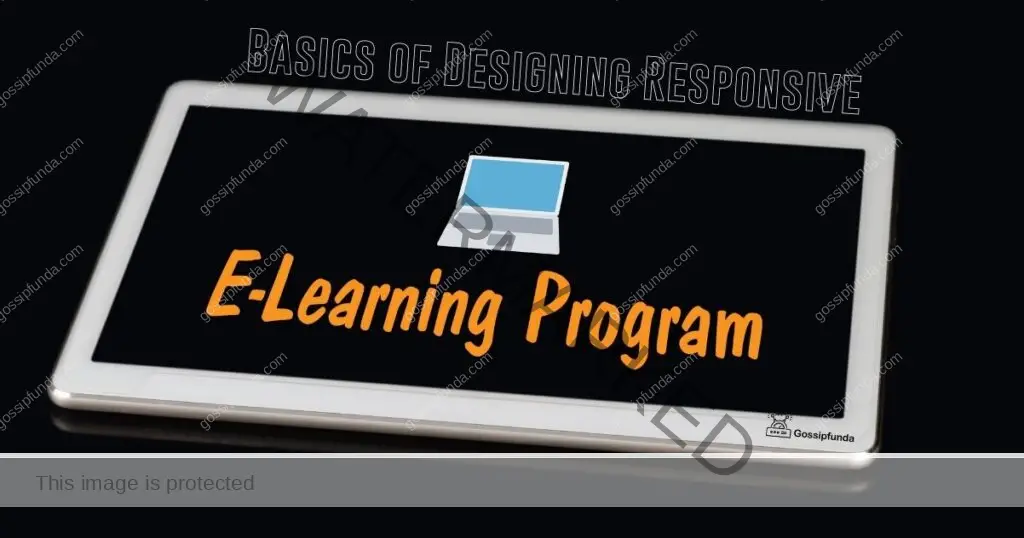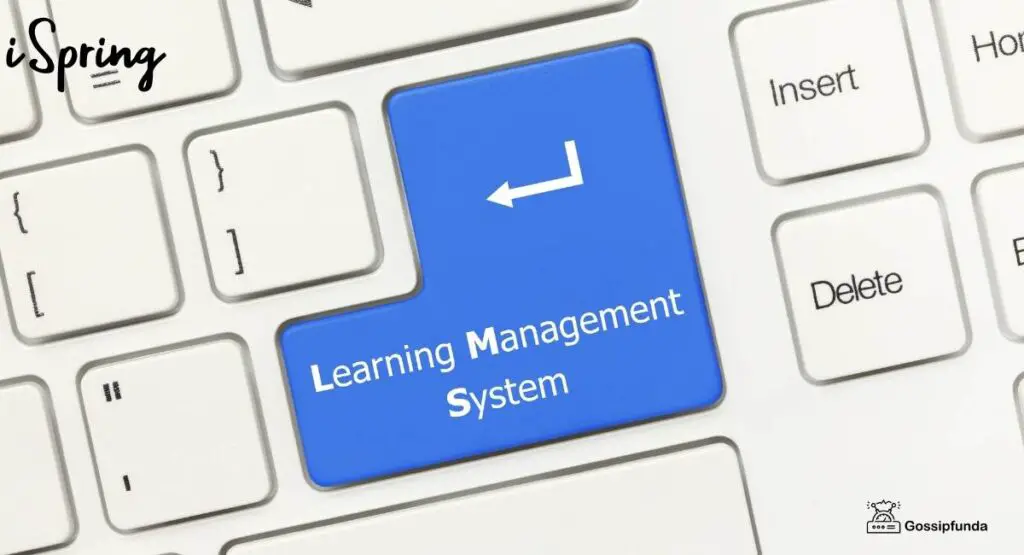New employees have to undergo a lot of technical training to work efficiently in their new setting. As we discussed in our write-up on ‘Employee Orientation vs. Employee Onboarding’, fresh hires have to go through a session where HRs feed them first-day information; on the other hand, their managers would also involve them in long-term onboarding, which is a comprehensive process to familiarize employees with the work culture and environment. But what happens after those first few months have ended? How would new hires grow in the company?
A mentorship is a valuable tool for employee development, allowing businesses to recruit and retain top talent. As a piece on mentoring for career development by LHH points out, mentoring was ranked as a top career priority for many. In 2019, 76% of a survey’s respondents identified mentoring as important or very important. However, only 37% of respondents actually had access to a mentor — the assumption being that relationships between senior employees and new hires will naturally happen. Unfortunately, many people who do want to be a mentor might not know where to begin. Here are some tips for mentoring new employees:

Acknowledge strengths and weaknesses
Everyone comes into a new job with a unique skill set and their own level of experience. It’s a mentor’s role to identify their mentees’ strengths and weaknesses. Once you begin your mentorship, take time to study your new co-worker’s personality and existing knowledge so you can identify areas to focus work on. You might find opportunities where they can contribute as well. Do remember that it’s okay to make room for mistakes. Failure is a part of learning, so encourage mentees to challenge themselves to do better after a setback. Frame mistakes and weaknesses as learning points.
Help them set goals
Mentors are charged with explaining the demands of a mentee’s role in an organization. They set these objectives to define the behavior expected of them, and setting clear goals aligned with that of the business can benefit your company in the long run. On a personal level, mentors should help their mentees to achieve what they want to achieve vis a vis their career — without influencing them with your own wishes or opinions. Mentorships should feature healthy boundaries, after all. By encouraging communication of their goals, you can figure out how to provide the best technical support them to reach those goals and build trust into your dynamic.
Share relevant experience or know-how
Mentors enjoy a level of experience and comfort that most new hires don’t have on their first day. Beyond the technicalities of the job, mentors should share their personal learnings, past failures, and current struggles so new hires can feel more confident in their ability to grow as an employee. As a bonus, this practice helps mentors keep their egos at the door and seem less intimidating. An article on mentorship topics by HR Dive also notes that having a candid dialogue on mental health and well-being is crucial, particularly if mentees are fresh out of school. Stress and burnout is very real, so discussions on work boundaries and self-care are important. Empathy goes a long way in leadership.
Provide feedback and recognition
We all want to do well in our work, so providing your mentees with constructive feedback is key. You want to educate in a diplomatic, tactful way without filtering anything out — and you definitely don’t want to tear down a person. Along with mistakes or shortcomings, mentors should also point out something positive about their work, then offer guidance for improvement. Some tips on constructive criticism from Business News Daily highlight that constructive tech feedback should change behaviors, so articulating the behavior-to-be-corrected in detail with focused and actionable advice can help.
Provide updated Technical Handles
The mentoring technique is a learning prospect for specialized mentors because they require to be acquainted with the latest technical handle. Occasionally the two parties in a mentoring affinity can even instruct each other about recent technologies.
The methodology of mentoring itself has been pushing toward the latest technologies to enhance mentoring consequences. Artificial intelligence to correspond to mentors and mentees and apps to handle plan setting, monitor engagement, and trace improvement are now open to promote adequate mentoring connections.
I am passionate about my work. Because I love what I do, I have a steady source of motivation that drives me to do my best.
I’m not comfortable with settling, and I’m always looking for an opportunity to do better and achieve greatness. I have a keen interest in the technical field. Apart from this, I am a social media influencer.


